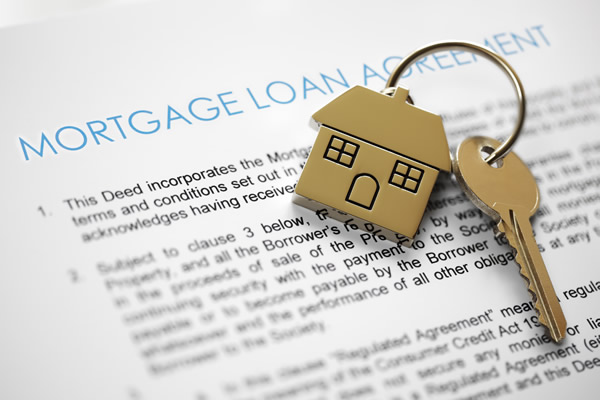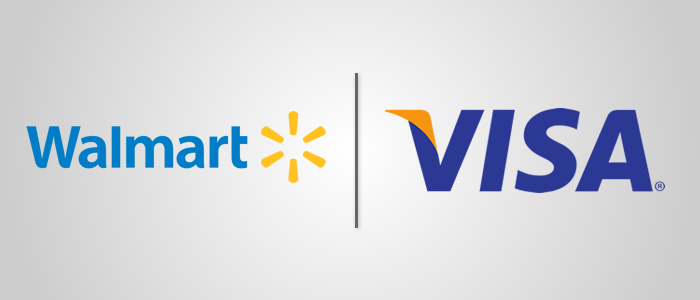
Purchasing your first home is a major life-altering decision. Similar to getting married and starting a family, buying your first property has a major impact on your life and finances. Before you can purchase a home, it’s important to prepare ahead of time. Here are three things to consider when purchasing your first home.
Credit Cards and Home Ownership
When it comes time to buy your first home, that old credit card can be your best friend – or your worst enemy. By using your credit card responsibly – only purchasing what you can afford to pay off in full each month – you can improve your credit rating. Your credit rating is one of the most important factors banks consider when deciding to approve your mortgage application. Even if you defaulted on a small credit card balance years ago, that negative history can have a significant impact on your credit profile – and ability to get a mortgage loan.
A component of your credit rating is your credit utilization. Although credit cards like to push higher credit limits, consider accepting a lower limit, as it can affect how much you can borrow for a home. If you have a credit score 700 or higher, you can probably obtain some of the best mortgage rates on the market. This can save you thousands in interest over the life of your mortgage.
Your Closing Costs
When buying your first home, it’s important to budget for closing costs. Closing costs typically range from 1.5 to 4 percent of the purchase price of your home. The most common closing costs include your down payment, land transfer tax, home inspection and lawyer fees, to name a few. For the savvy spender some have suggested paying for closing costs with your credit card whenever possible. Not only will it help your short-term cash flow, you can earn some serious rewards.
A lot of first-time homebuyers make the mistake of forgetting to budget for closing costs. It’s important to be prepared, otherwise you’ll be forced to arrive at the bank of mom and dad at the eleventh hour on your hands and knees begging for a short-term loan. Your bank won’t cover your closing costs; it’s your responsibility to cover them yourself. Instead of buying a home at the maximum purchase price approved by your lender, consider buying a home below that and setting money aside for your closing costs.
Your Down Payment
The biggest hurdle to becoming a homeowner is your down payment. The down payment is what keeps a lot of renters from jumping into homeownership. Your down payment is a lump sum payment paid to the seller’s real estate lawyer in trust on closing. The minimum down payment is 5 percent. For example, if you’re buying a $500,000 home, you’ll have save up a down payment of at least $25,000.
If you can manage to save up a down payment of at least 20 percent, you can avoid costly mortgage insurance premiums. Mortgage insurance – commonly referred to as CMHC insurance – are additional premiums that must be paid to your lender along with your mortgage in the event that you default or fail to repay your mortgage in full.
The Bottom Line
While homeownership is a time of celebration, owning a home isn’t for everyone. You have to be financially responsible and be willing and able to save up a down payment ahead of time. If you think you’re ready to take the plunge, with mortgage rates near a record low, there’s never been a better time. If you’re not quite ready, think about how your credit card use will impact your ability to qualify for the best rates. A little planning ahead of time can make a lot of difference when it comes time to sign your loan documents!




